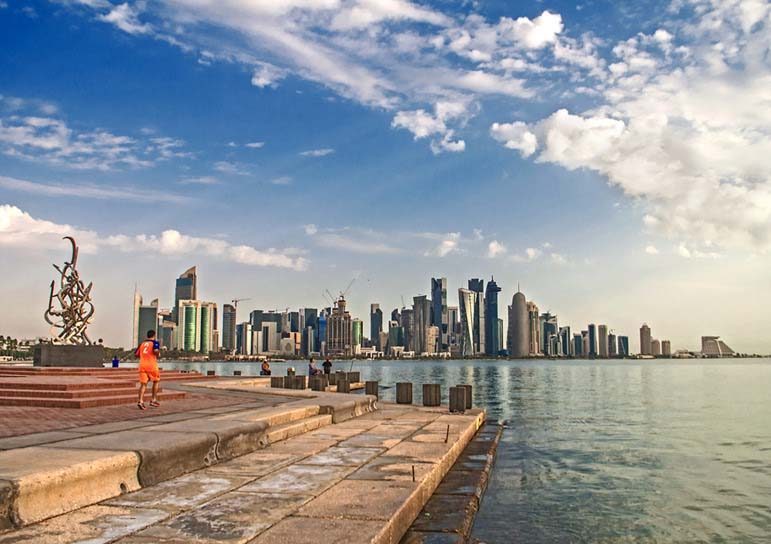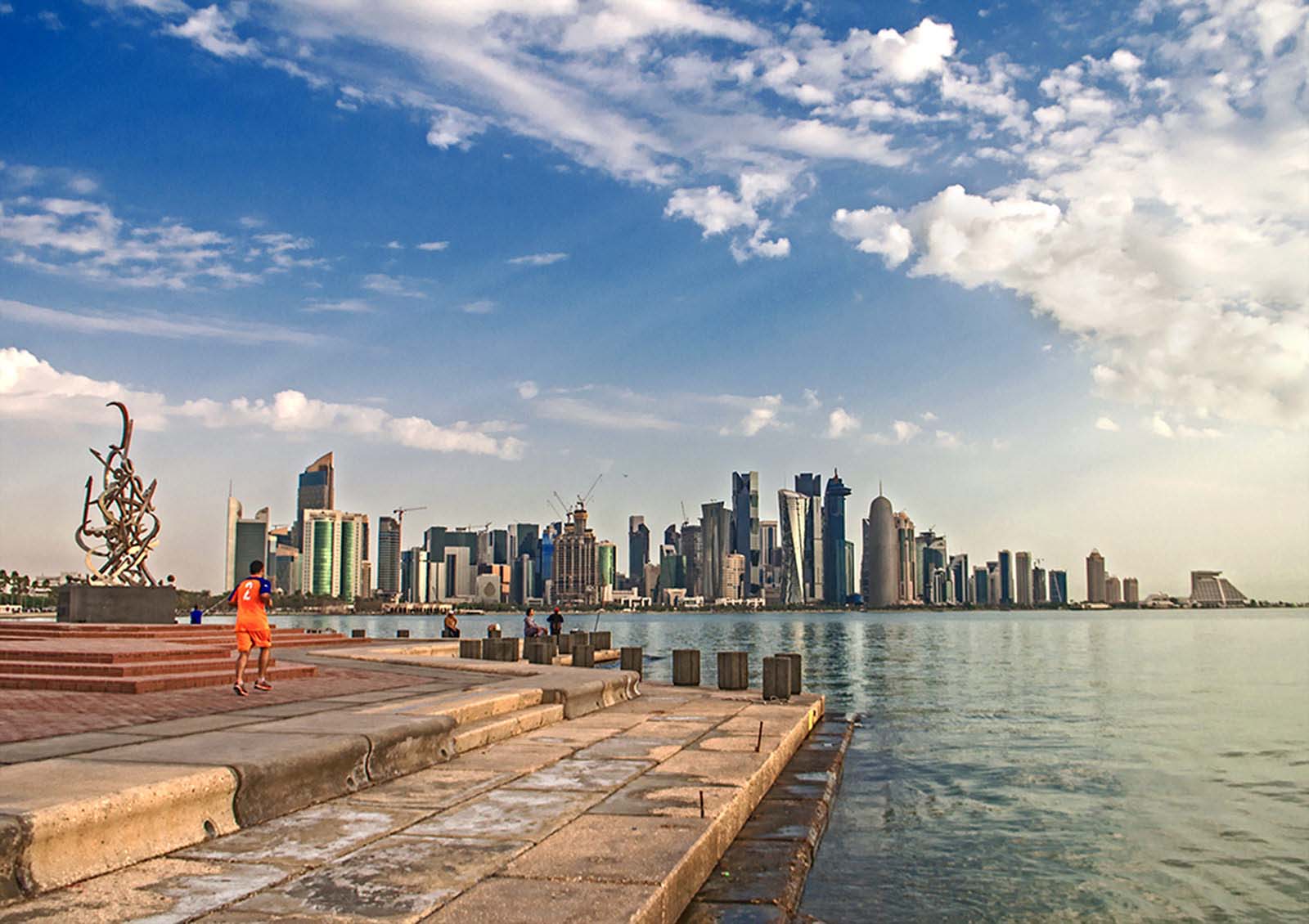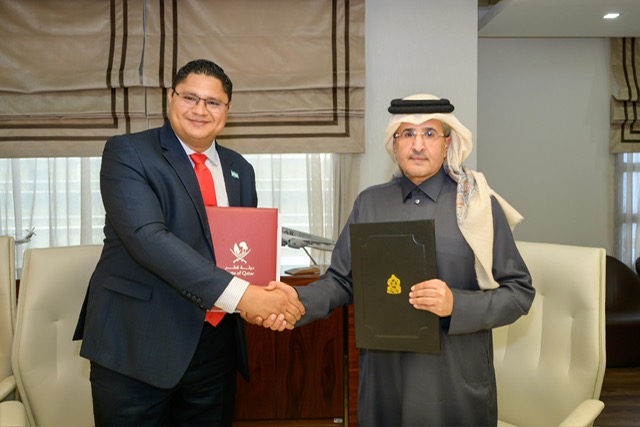
Qatar has successfully reached many of its development targets ahead of a 2015 deadline set by the United Nations, but still has a ways to go in terms of female empowerment, a new government report states.
The information was released in an update by the Ministry of Development, Planning and Statistics on its annual progress toward achieving the UN Millennium Development Goals, “a blueprint agreed to by all the world’s countries and all the world’s leading development institutions.”

The eight goals are: eradicate extreme poverty and hunger; achieve universal primary education; promote gender equality and empower women; reduce child mortality; improve maternal health; combat HIV/AIDS, malaria and other diseases; ensure environmental sustainability; and establish a global partnership for development.
In its report, which appears to focus on the local population, the MDSP said that Qatar has made “great strides” toward universal education and healthcare. It stated that some 92 percent of Qatari children are enrolled in primary school.
In terms of higher education, female students have surpassed their male counterparts, which is helping to achieve gender equality.
However, the economic participation of Qatari women in the labor market remains low, especially in “non-traditional scientific” occupations.
According to a UN Human Development Report (HDR) released last year, some 51 percent of Qatari women are active in the workforce, compared to almost 96 percent of men.
Another challenge is a lack of political participation among Qatari women, the MDPS report stated, adding that a plan is needed to boost their numbers on elected national councils in the future.
Currently, only one woman sits on the 29-member Central Municipal Council. Five females are running in next month’s election, alongside 125 men.
Other challenges
Among the other development goals Qatar continues to grapple with are environmental challenges.

The country maintains a safe drinking water supply and adequate sanitation for its citizens, and has successfully reduced some threats to its biodiversity, the report states.
However, high greenhouse gas emissions continue to pose a challenge, which the state hopes to address though a clear environmental policy that focuses on clean energy.
Finally, while the MDSP report lauded Qatar’s human development ranking as the most advanced in the region – coming in at 31st out of nearly 200 countries in 2014 – it acknowledged that progress still needs to be made.
In a vague reference to this, the report states:
“Despite the achievements, we cannot deny there are some challenges related to some social behaviors that should be changed and bring about a suitable course for social development by involving all segments of the society in the development process.”
The UN is expected to set new development targets for the coming years in September. Thoughts?







